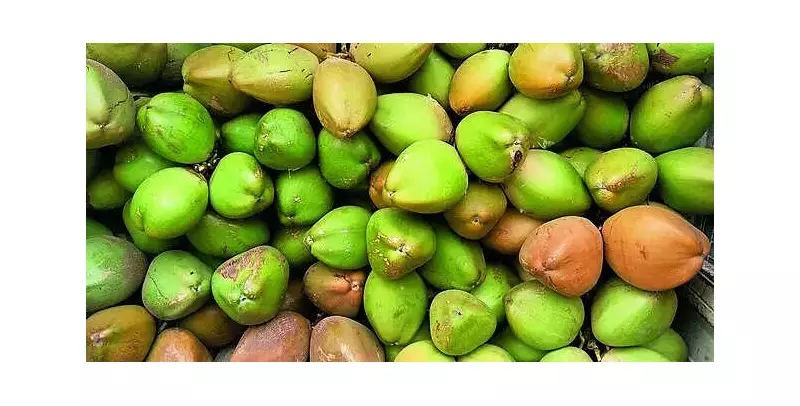
In the lush landscapes of Canacona, Goa's agricultural heartbeat is skipping a beat. Farmers across the region are grappling with an alarming shortage of skilled coconut pluckers, creating a crisis that threatens both livelihoods and local coconut supplies.
The Vanishing Craftsmen
Traditional coconut plucking, once a respected profession passed through generations, is now facing extinction. The younger generation shows little interest in this demanding work, preferring urban jobs with better pay and working conditions. This generational gap has created a vacuum that current farmers cannot fill.
Economic Impact on Farming Communities
The consequences are immediate and severe. Farmers report significant financial losses as ripe coconuts remain unpicked, eventually falling and becoming unsuitable for market. The scarcity has driven up labor costs dramatically, with pluckers now demanding between ₹50-70 per tree—a substantial increase from previous rates.
Safety Concerns Compound the Problem
Beyond the economic implications, safety has become a major concern. Desperate farmers, unable to find professional pluckers, are attempting to harvest coconuts themselves. This has led to several accidents and near-misses, highlighting the specialized skills required for this dangerous work.
A Regional Crisis with National Implications
Canacona's struggle reflects a broader pattern across Goa and neighboring states. The coconut plucker shortage isn't isolated but represents a systemic issue in India's agricultural sector. As one veteran farmer noted, "We're watching generations of knowledge disappear before our eyes."
Searching for Solutions
Farmers and agricultural experts are exploring various approaches to address the crisis:
- Training programs to attract new workers to the profession
- Mechanized harvesting solutions adapted to local conditions
- Better compensation and working conditions for pluckers
- Community-based initiatives to preserve traditional skills
The situation remains critical, with farmers hoping for intervention before this essential link in the agricultural chain breaks completely. As the shortage continues, consumers may soon feel the impact through higher prices and reduced availability of coconut products.
The clock is ticking for Canacona's coconut industry, and the solution will require collaboration between farmers, government agencies, and local communities.






